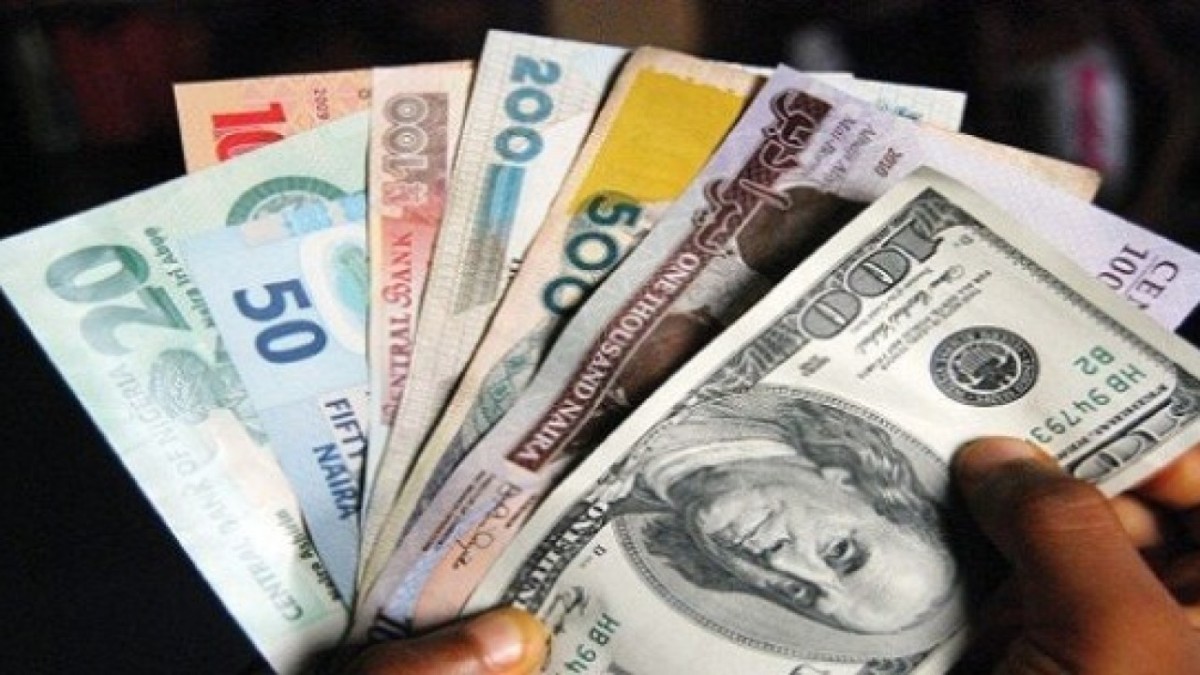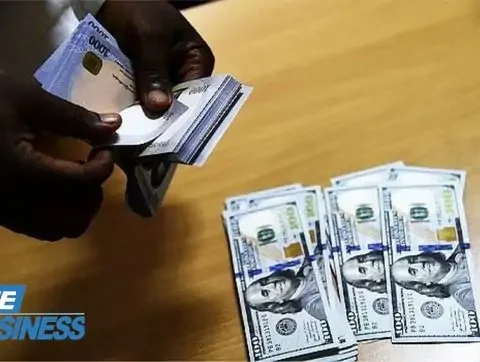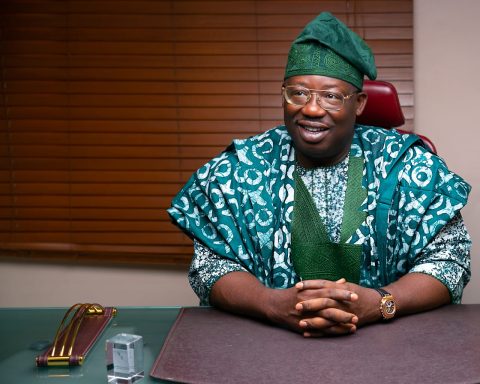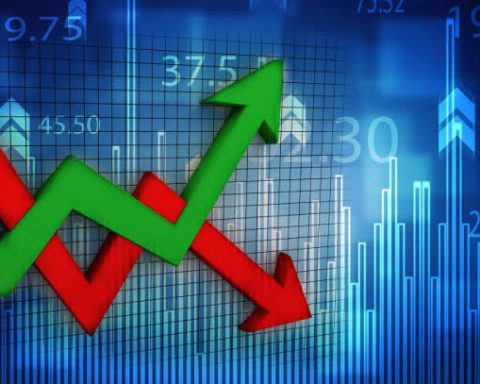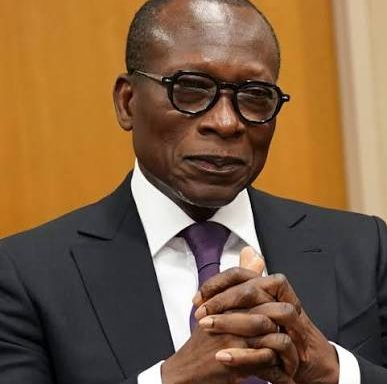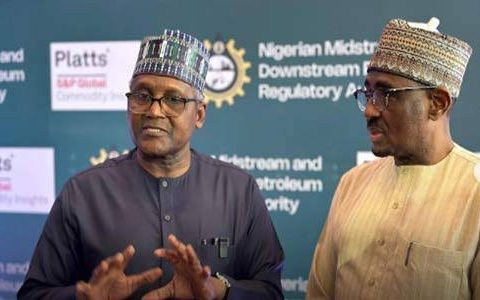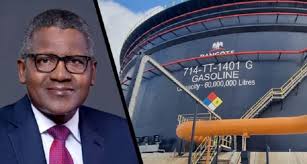A recent Central Bank of Nigeria’s (CBN) survey has revealed that respondents identified energy, exchange rate and transportation costs as the top three drivers of inflation in the country.
The CBN’s Inflation Expectation Survey aggregated the views of businesses and Nigerian households in June 2025 on inflationary pressures.
Join our WhatsApp ChannelIn the survey, CBN listed nine major drivers of inflation in Nigeria, including energy, exchange rate, transportation, interest rate, insecurity, activities of middlemen, natural disaster, infrastructural challenges, and raw materials (input).
According to the report released last week on CBN’s website, business organisations (90.7 per cent) and Households (85.4 per cent) believe that energy (petrol, diesel, electricity, etc.) is the number one driver of inflation in Nigeria.
The exchange rate was ranked second by businesses (88.3 per cent) and households (79.9 per cent).
READ ALSO: Inflation: Expert Highlights What Nigerian Authorities Must Do To Further Bring Down Costs
Transportation (road, flight, rail, water, etc.) came third in their ranking of the inflation drivers, with 87.2 per cent (businesses) and 83.4 per cent (households).
Interest rate and insecurity were ranked 4th and 5th, respectively, by business firms and households.
Natural disasters, activities of middlemen, and infrastructural challenges were perceived as less significant contributors to inflation drivers in the review period.
The June Inflation report released last Wednesday by the National Bureau of Statistics revealed that the headline inflation rate eased to 22.22 per cent in June. This is the third consecutive time that the headline inflation has recorded a drop, starting from April when it declined to 23.71 per cent and May (22.97 per cent).
The CBN report shows that the majority of the respondents (71.0 per cent) still perceived that inflation was high in June 2025, though it reflects a decline compared to that of the previous month (May), when it was 75.3 per cent.
The survey report also revealed that most respondents anticipated the level of inflation to remain stable in the next month and the next three months.
The report also showed that both businesses and households largely expect increased expenditure over the next six months.
Victor Ezeja is a passionate journalist with seven years of experience writing on economy, politics and energy. He holds a Master's degree in Mass Communication.



